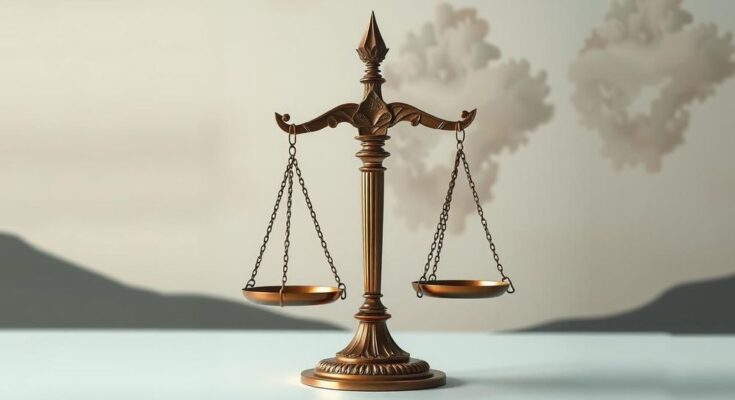The United Nations human rights office has put forth a grim estimate, suggesting that up to 1,400 individuals lost their lives during a violent crackdown on student-led protests in Bangladesh last summer. This report delineates a chilling narrative of systematic human rights violations conducted by security forces, hinting at potential crimes against humanity that warrant thorough investigation. The protests, ignited by the discontent with the former regime, saw violence peak between July 15 and August 5, when former Prime Minister Sheikh Hasina fled the country.
The report sheds light on the harrowing statistics: thousands wounded and over 11,700 people detained, with approximately 12 to 13% of the deceased being children. Most fatalities were attributed to gunfire from Bangladesh’s security entities, with some incidences described as summary executions aimed at unarmed demonstrators at point-blank range. UN human rights chief Volker Türk underscored the disturbing reality of these orchestrated acts of violence, hinting at coordination from top political leadership and security officials.
A UN fact-finding mission, invited by Nobel laureate Muhammad Yunus, aims to address the unrest and the oppressive response. The investigators reported the interim government’s arrest of around 100 individuals involved in violent acts against specific groups; however, many responsible for such transgressions remain unpunished. The ongoing human rights situation in Bangladesh is concerning, with lingering elements of the past administration still in positions of authority.
Rory Mungoven, head of the rights office’s Asia-Pacific division, expressed apprehension over a potential conflict of interest hampering progression towards justice and accountability as old officials retain their roles. The investigators put forth numerous recommendations to improve the judicial system and suggested crucial reforms in law enforcement protocols to ensure public safety and rights protection, particularly recommending a ban on lethal firearms in crowd control, unless facing imminent threats.
In response, Yunus reaffirmed his administration’s dedication to the rule of law, urging those in power to stand for justice against their peers who transgress human rights. The protests that initially emerged as peaceful calls for reform grew into a significant uprising against the ruling Awami League, driven by deep-rooted frustrations over economic disparity and civil rights. It was a High Court decision that reinstated a contentious quota system that sparked the outrage, serving as a catalyst for this momentous struggle for change.
The UN human rights office estimates that up to 1,400 people may have been killed in a crackdown on protests in Bangladesh last summer, which aimed to suppress student-led movements against the former regime. The report highlights systematic violations by security forces and alarming statistics about injuries, detentions, and child fatalities. It brings attention to the need for urgent reforms in law enforcement and justice to ensure accountability and protect human rights.
The UN report on Bangladesh’s protests reveals a somber image of violent repression and alarming human rights violations. With estimates of 1,400 deaths and thousands injured, the report calls for urgent reforms to restore accountability and justice within the system. As the nation grapples with its tumultuous past, the need for a robust commitment to human rights and the rule of law becomes ever more vital in addressing long-standing grievances and preventing further atrocities.
Original Source: www.cnn.com



